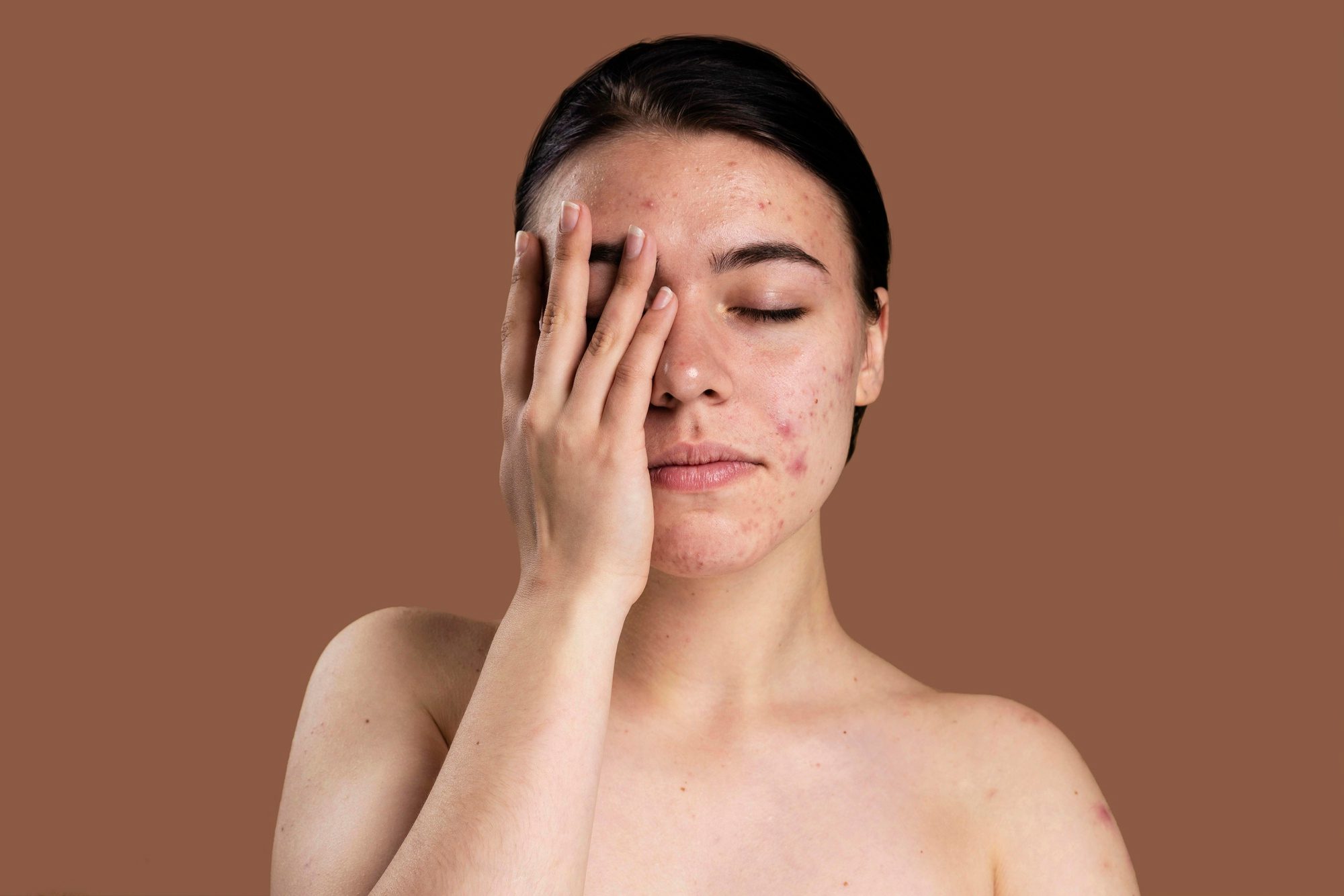
You might be worried that treating your dry skin will be complicated or that it will empty your wallet. Fortunately, taking care of your skin in winter doesn’t have to be expensive or confusing. Science has found numerous effective, inexpensive ways to help keep your skin happy and beautiful during the long winter months. By being careful about the environment around your skin, you can help protect it from unnecessary damage and exposure. You can also protect your skin by picking the right skincare products and by keeping a close eye on the foods you regularly consume. If you follow the easy steps outlined below, anyone can develop a skincare routine that will help fight back the dryness of winter.
Creating a Healthy Environment for Your Skin
The weather changes don’t mean you can’t minimize the stress you put on your skin. Shari Marchbein, a New York City dermatologist, says that placing a humidifier in your home can be a valuable first step to healthy skin. “A cool air humidifier increases the moisture level in the air,” she says, minimizing the time your skin spends in an environment that could dehydrate it. For superior results, set the dehumidifier to 60%.
You should also develop a habit of taking careful showers. The American Academy of Dermatology Association recommends 5-10 minute showers in warm but not hot water. Follow that up with a gentle towel-off, and limit yourself to one shower per day to avoid depleting your skin of oils. Take careful note of the soaps you use; avoid those that include alcohols, perfumes, or deodorants.
Additionally, be mindful of other potential irritants. Use non-irritating laundry detergents and stay out of chlorinated water when possible. If your skin is sensitive, you should consider avoiding irritating fabrics like wool. Your winter fits might look great, but make sure they aren’t harming your skin!
Cost-Effective Skincare Solutions
Once you have taken stock of your environment to ensure you’re minimizing irritants to your skin, consider developing an evening skincare routine using products that are safe, inexpensive, and effective. Start with any of several home remedy moisturizers, which experts recommend applying after your shower. One of the most effective (and least expensive) moisturizers is petroleum jelly—it works by using ingredients like petrolatum and lanolin to help rebuild the barrier that seals your skin. According to recent studies, petroleum jelly is perfect for older adults’ skin. Coconut oil also works well for the most sensitive areas of your body, such as the skin around your eyes.
It would help if you always avoided harsh cleansers—fragrance-free products based on oatmeal or chamomile are much safer for your skin. Thankfully, there is no need to purchase expensive oatmeal-based products. Science has demonstrated that mixing a little oatmeal powder into your bath can rejuvenate your skin.
Fresh out of oatmeal? Heavy face creams could do the trick. Check the ingredients label for ceramides or hyaluronic acid; these funny-sounding words are your ticket to a fresh barrier on the surface of your skin, which will prevent chapping. When possible, avoid lotions, as these typically include harsh chemicals.
Support Your Skin with a Healthy Diet
Don’t forget that what you eat can impact the health and appearance of your skin. If you find your skin drying out quickly, Marchbein recommends increasing your daily intake of certain fatty foods like walnuts, olive oil, and avocados. The Mayo Clinic also recommends antioxidant foods like blueberries, tomatoes, carrots, beans, peas, and lentils.
It is also relevant to limit your consumption of certain foods that harm your dermatological health. Excessive consumption of caffeinated drinks or alcohol can dry your skin out. You should also avoid eating too many carbs and processed sugars, as these have been linked to drier, irritated skin.
You should stay hydrated to keep your skin healthy and smooth. Speaking of drinks, research also suggests that drinking milk could improve your dermatological health since milk includes helpful chemicals called phospholipids. Overall, the best diet for skincare is a balanced and healthy diet.
Everyone Can Treat Dry Skin
We all enjoy a roaring fire after a fun day in the snow. Using these simple, affordable tips, you can enjoy classic winter activities without worrying about how the cold, dry air will affect your skin. By creating a healthy environment for your skin, picking effective skincare products, and choosing a healthy diet, you can ensure that your skin remains healthy and beautiful for years to come!
At TopDoctor Magazine, our mission is to foster connections within the health and wellness community, acting as a vital bridge between doctors and patients and facilitating collaborations between medical companies and healthcare professionals.
Our purpose extends to empowering our readers, providing them with the knowledge to make well-informed healthcare and lifestyle decisions.
We take pride in being the ultimate resource for interviews with health and wellness leaders, delivering trending medical news, and covering a wide range of healthy living topics.





0 Comments